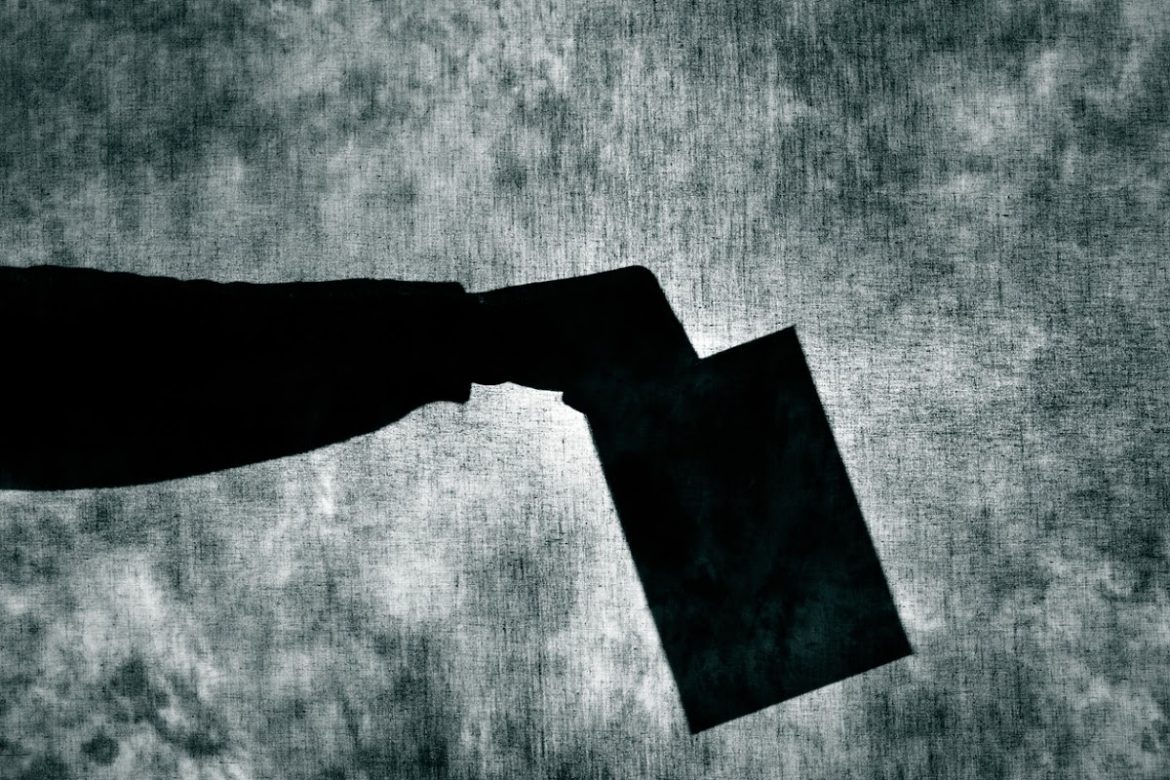This material belongs to: Business Day.
Securing a tender could cost more than R80,000, but the average bribe declined to R1‚550 in 2017.
South Africans are most likely to pay bribes for traffic fines, a survey by the Ethics Institute showed on Wednesday.
Securing a tender could cost more than R80,000. However, the average bribe declined to R1‚550 in 2017‚ from R2‚200 in 2016 and R2‚005 in 2015.
Most bribes were paid for traffic offences (39%)‚ driving licences (18%)‚ to secure jobs (14%)‚ to receive public services (8%) and to avoid criminal charges (7%).
Respondents said EFF leader Julius Malema was the most committed to busting corruption‚ followed by DA leader Mmusi Maimane. Malema got the vote of one in five participants (18%) while Maimane scored 17% in the 2017 Citizens’ Bribery Survey. No other leader got more than 10% of mentions.
The DA is seen as the party that fights corruption the most, at 45%‚ followed by the EFF at 28% and the ANC at 19%.
“This is the first time that bribes for police matters and criminal charges are in the top five. Avoiding traffic offences has been the most common type of bribe for three years in a row‚” researchers said.
This is the third year the institute has conducted the survey. The sample group consisted of 4‚962 participants. The institute said they were a “largely representative” sample of the population in terms of race and household income. The participants live in Gauteng‚ KwaZulu-Natal‚ the Western Cape‚ Limpopo and Free State.
Almost four out of 10 participants (37%) said they knew someone who had been approached for a bribe in the past year. More than three out of 10 participants (35%) refused to pay a bribe‚ with almost half (47%) citing “moral reasons”.
Seven out of 10 South Africans (71%) said they would vote for another political party if they thought their party was enabling corruption.
Prof Deon Rossouw‚ CEO of The Ethics Institute‚ said researchers noticed that leaders affected the ethical environment. “People look to leaders to role model desirable behaviour.”


